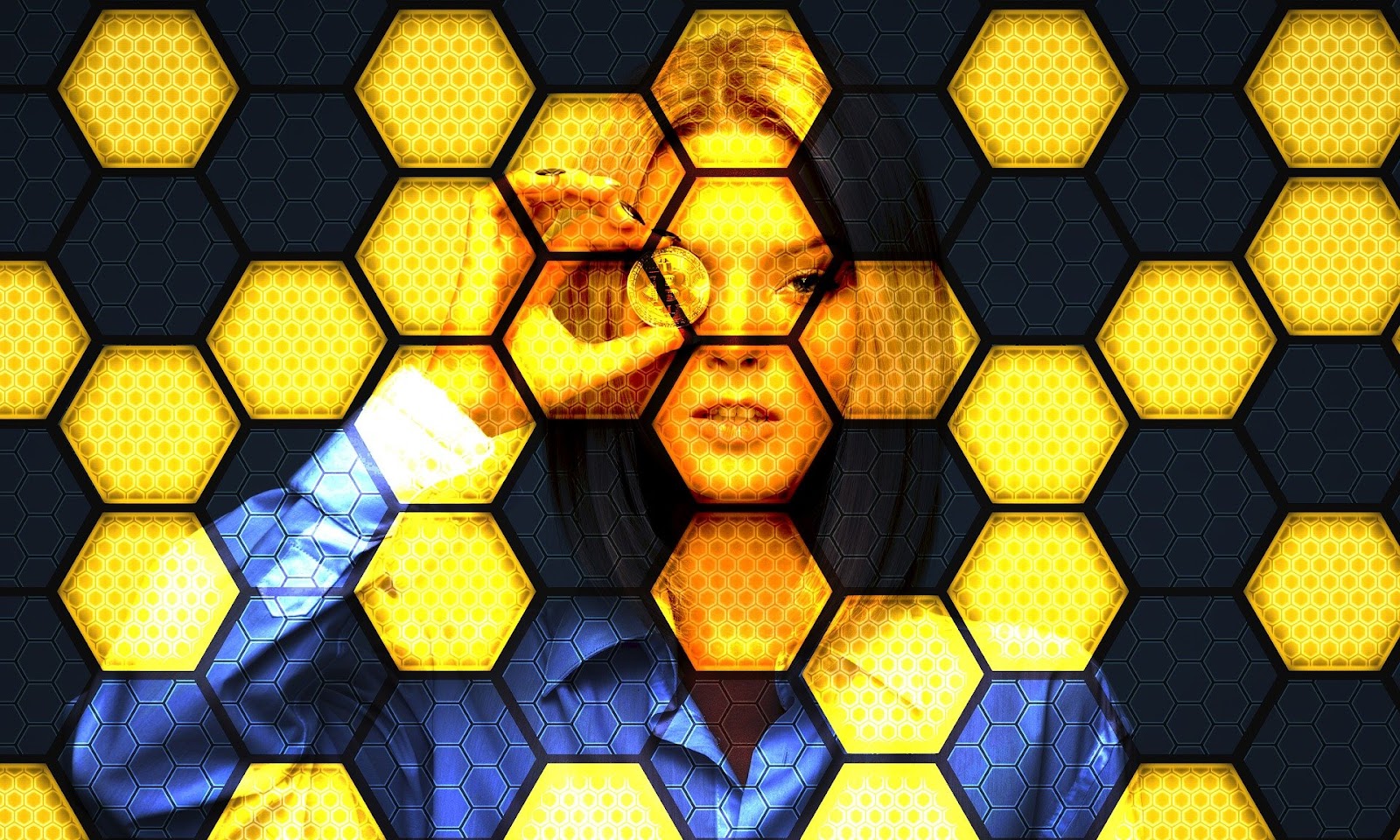New gaming tech: The Financial Innovation and the Doors It Opened in Video Gaming. Blockchain technology has been on the public radar for quite a few years now. The new approach to handling data has brought in beneficial innovations to many industries, one of which is the gaming sector. In this article, we will take a look at what advantages blockchain technology comes with, and how it is improving the gaming industry as we speak.

new gaming tech
Cryptocurrencies and blockchain technology have made quite some waves in the recent past. Stories of people becoming rich overnight flooded the news, and naturally, the interest of many got sparked. While it is true that the technology can be a fruitful means of investment, the public hype did not address the true meaning of blockchain technology, as well as how it can have a positive impact on data and finance in general. Many benefits of the technology, if fully utilized, could revolutionize money and data transactions, their speed, and their security. Nowadays, the gaming industry has become gigantic, boasting a worth of $138 billion in 2019. Titles like Fortnite, Player Uknown’s Battlegrounds (PUBG), Overwatch, and Book of Ra Online have won the hearts of millions of gamers worldwide. The gaming industry has always had a forward-thinking mentality in terms of digital innovations, and some companies have embraced blockchain technology fairly openly. That is in part because the gaming industry has been trying to solve certain issues related to fairness, secure data transactions, and their ease of use, all of which blockchain addresses. The combination of gaming and blockchain is a powerful one, and it looks like it is going to change things significantly. We will give you an outline of what blockchain is used for in gaming, as well as how it works.
Table of Contents
Blockchain Technology Explained
Firstly, let’s look at the basics of blockchain technology and what makes it so special. In a nutshell, it can be said that blockchain is the new, smart way of transferring and storing information. The key benefit is that the technology disassembles information into millions of small pieces, and distributes them across its network. That is a new approach, from the grounds up, and thus, it brings a whole new set of benefits. One of the main benefits is that the data becomes decentralized, meaning that no one completely owns and maintains it.
There are no middlemen, transactions of data, money, or in-game tokens are nearly instantaneous, and the transaction costs are very low. Secondly, the data becomes immune to manipulation of any kind. Due to the constant verification processes of the data transaction chains, any malicious meddling becomes easily identifiable and traceable. Thirdly, the whole blockchain infrastructure is kept safe by sophisticated cryptography, which makes for bulletproof data encryption. The level of safety makes blockchain practically unshakable for hackers. All of these properties contribute to making an innovative system of data transfer, which is a new milestone in terms of security. It has the potential to change gaming as we know it. The technology has been implemented in parts, managing to address the main problems of the gaming industry, but it is still on the fringe of being experimental.
Blockchain Technology In-Game

Transparency and Verifiability
In modern games, one recent popular development has been the use of various assets to enhance one’s in-game progress. Players need props, vehicles, guns, and items to complete missions or gain an advantage over the competition. A lot of games depend on such assets, but they are rare to come by. However, they can often be bought with real money, as an in-game purchase, or earned by one’s progress. To validate such in-game purchases, games need to be fair, and neutral.
Currently, it is often the case that there is no transparency or verifiability as to how rare assets are. Theoretically, developers could mass-produce so-called rare items for mere profitability. That would undermine the efforts of the player, as well as the real money spent to acquire items. What blockchain technology offers is a ground for verifiability and transparency. With it in use, games can have decentralized markets of gaming assets. These are open for everyone to check via a block ledger, which naturally increases the trust factor and validates the rarity of in-game assets. The strategy MMO game Huntercoin implemented this as far back as 2014, with great overall results. Blockchain-based virtual asset markets also guarantee that items can be purchased at fair prices, without the risk of inflated item costs. In short, it keeps things fair and increases the trust factor of gamers. That translates to a more enjoyable gaming experience across the board.
Security
Many online video games are hosted on centralized servers. Transactions are made on desktop computers or mobile phones, without adequate security measures that guarantee their private information is completely safe. Centralized servers are also liable to hackers stealing the information on accounts, thereby gaining access to valuable in-game items.
The levels of security vary from one gaming company to another, but generally, servers are not immune to malicious attacks. When a game features blockchain technology, it ensures that private information, items, and accounts are as safe as they can be. For gamers who spent thousands of hours collecting their prized item collections, this is of crucial importance.
Blockchain and Future Gaming
Some may think that working with blockchain technology is not of benefit to game developers because it gives away too much power to players. There are ways of how to balance things out, thereby also empowering developers. In-game economies do not have to become decentralized without any regulations.
Developers can employ smart contracts that regulate in-game economies with predefined conditions. These can control the nuances of trading and ensure an intelligent framework that serves both the players and the developers. Blockchain enables a free in-game economy, but it is also understandable that game developers have to make some profits. That can be achieved by developers creating a system that would mimic the real-world financial system. For example, developers could charge trading fees, or tax transactions between players, thereby allowing a liberal in-game economy but also making some profit without much sacrifice.
Conclusion
All in all, blockchain and gaming make for an exciting combination that ensures transparency, safety, and trust. It eliminates the security issues that can arise due to malicious attacks on gaming servers. Games are meant to be fun, and blockchain can be used as a tool to ensure players enjoy themselves as much as possible by feeling that they are treated fairly, and their accounts, as well as private information, is in safe hands at all times. As of now, games with integrated blockchain technology are not the norm, but rather still in experimental stages. However, the possible gains of such a combo are very promising, and it looks to be a fruitful combination for the future of gaming in general.
The many benefits of blockchain technology are universal, and it can not only decentralize game-related data but the worldwide economy. The prospects are fantastic, but for now, we can only wait until blockchain technology attains a more universal status. What do you think about blockchain? How could blockchain technology change the world? We would love to hear your thoughts on this. Please leave your comments in the section below!
Also read
Top 3 Less Investment Startup Businesses to Make Money by Eric J Dalius
How Blockchain technology is contributing to the Automotive industry
Alex Norwood is an experienced traveller and an online entrepreneur. He runs a successful eCommerce business and is always on the lookout for new lucrative ways to make money online, and currently trying to be a part-time ghostwriter at Assignyourwriter. Travelling is Alex’s passion, and he has visited over 20 countries in the last 5 years.

